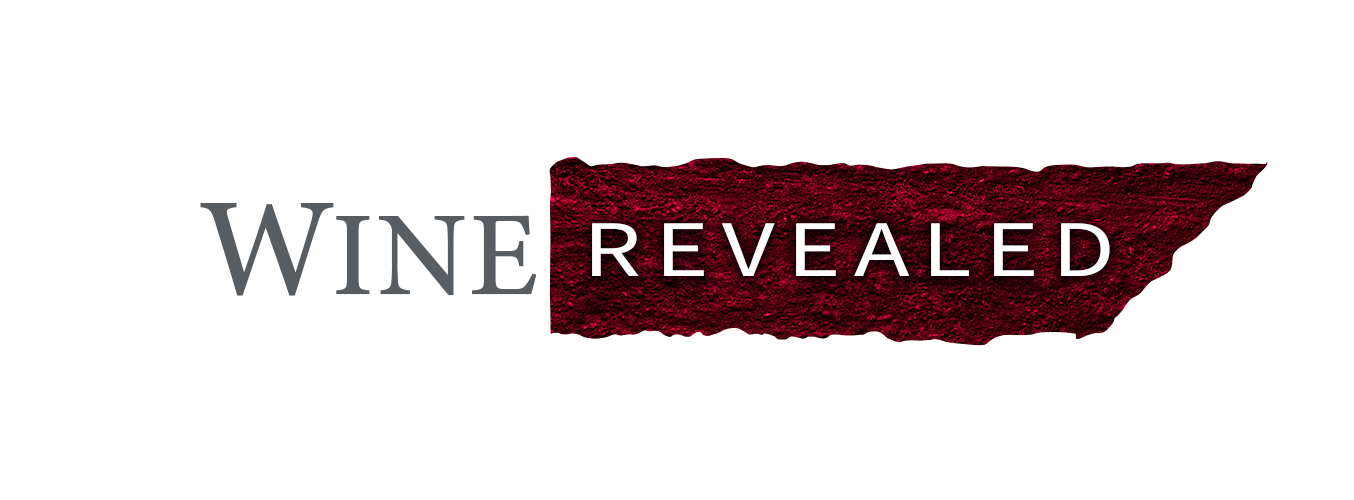Stephen Brook has enjoyed a career that many would envy: he is a wine writer and journalist with 18 books to his name. He is fluent in French and German, and frequently travels to those countries, in addition to an average of 10 trips a year to Italy.
We were pleased to get to meet with Brook on our Wine Revealed travels, and he caught our attention right away by his disinterest in wine scoring. “The culture of wine is what really interests me,” he explained, “I’d like to put wines in a broader context.”
For example, a fuller understanding of Slovenian wines includes looking at them in their historical context – including the years of communist rule. Collectivization decreased the quality of these wines, and sometimes alcohol was added to them to fortify them. He remarked that during those years, sometimes barrels of the best wines were set aside for journalists like him to rate and comment on, but these were not what were being sold!
The ultimate context, of course, is to visit a place and really get to know it for yourself, “Until you have walked the vineyards or sniffed the air, put the soil through your fingers… that way you get to understand what it’s all about.”

We appreciated Brook offering some tips for wine novices, and the average person who may not be able to travel and visit the vineyards as he has. He recommends wine writers like Jancis Robinson and Hugh Johnson, “They know their stuff, they write eloquently, they have a fresh point of view.”
He suggests avoiding ratings-obsessed writers and circles back to the idea of context: “Look for people with broader knowledge, not just an experience of wine on the tasting bench.”
Another context to consider, he advises, is one’s own palate. He notes that there is a difference between American and European palates, and finds that American tastes favor overripe and unctuous wine, unassertive and boring. This helps to define why many American wines, both North and South American, are made a certain way.
He believes the European palate may be a little more complex and subtle because most of the wines are produced in marginal climates, with the exception of southern Italy and Spain. Some years, these regions do not get full ripeness. This gives it a slight herbaceous flavor, and American palates tend not to tolerate that.

In his view, the wine industry as a whole is getting better all the time. More winemakers have studied and traveled and are willing to bring more new ideas to their wine than ever before. “Hardly anybody makes bad wines anymore,” he assures us.
Brook encourages everyone interested in wines to be adventurous. Branch out from what you know you like and try something just a little bit different, and do not let ratings serve as a guide or a hindrance. Despite his reservations about some sommeliers, he suggests that people see them as a tool, and ask a lot of questions of them and of independent wine merchants.
What to try, in his opinion?
In terms of regions that he thinks are producing underrated wines, he recommends Argentina: “Fantastic wines at a fair price.” South Africa as good as well, but less consistent.
Good wines are coming out of Slovenia and Croatia, but because of limited quantity, they cost more. Other recommended areas are Sicily and Eastern Italy, “There are plenty of good bargains out there that overdeliver.”
He leaves us with these encouraging words: “Forty years ago, we had no choice…now, the whole world is open and full of wine, and full of good wine. So, get out there and find out about it.”

